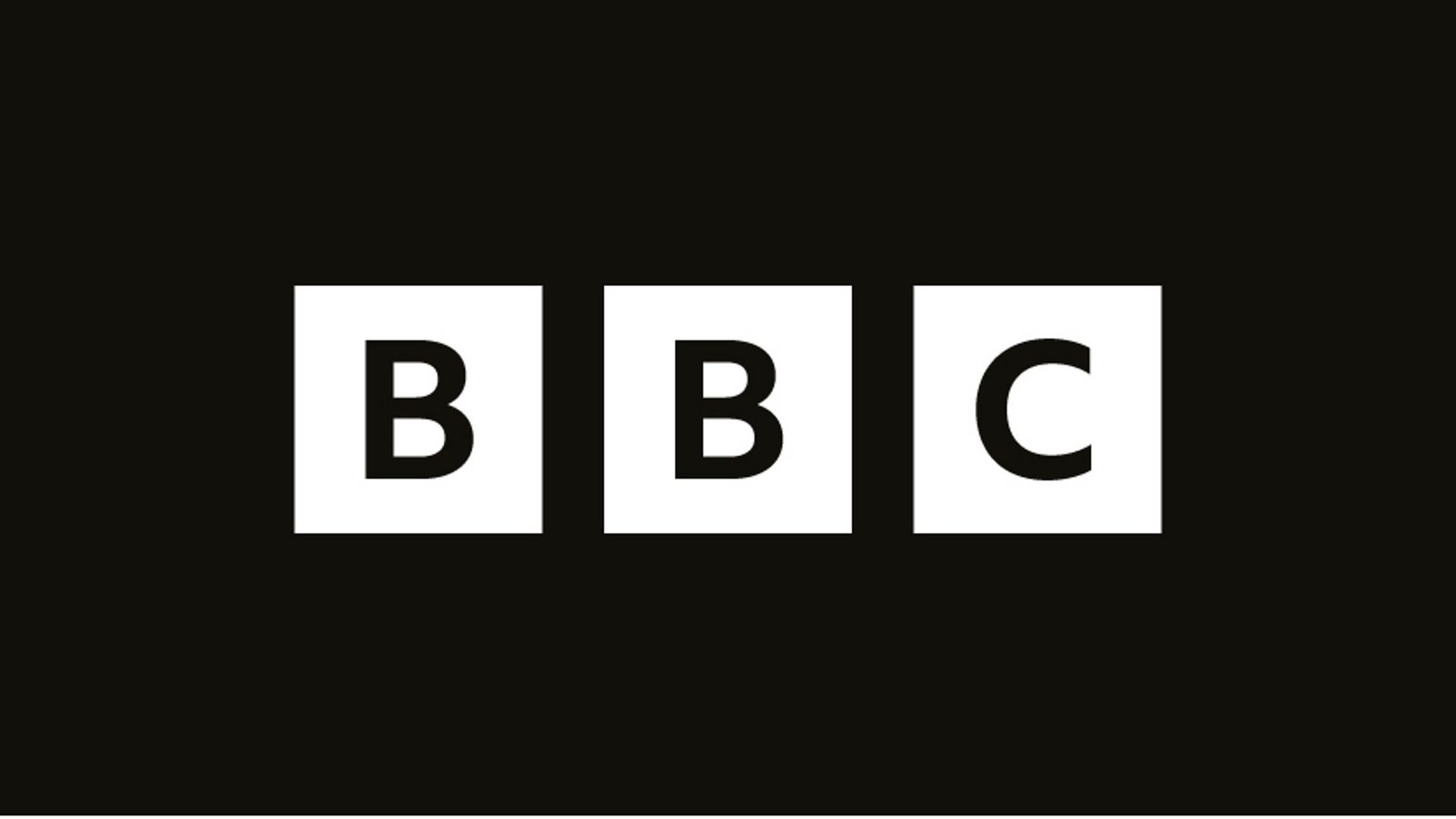The BBC has recently been at the center of controversy due to its handling of antisemitic comments made by individuals associated with the network. This has sparked a significant backlash and led to public apologies and commitments to address these serious issues.
Key Highlights:
- A contestant on The Apprentice, Asif Munaf, faced backlash for antisemitic comments on social media, leading to his removal from the spin-off show The Apprentice: You’re Fired.
- The BBC arranged diversity and inclusion training for Munaf and received calls for public apologies and antisemitism awareness training for those involved in handling the situation.
- British media regulator Ofcom found the BBC made a “serious editorial misjudgement” in its coverage of an antisemitic incident, highlighting significant editorial failings.
Controversies and Responses
The Apprentice Controversy
The BBC responded to the controversy surrounding The Apprentice contestant Asif Munaf, who posted a series of apparent antisemitic comments on social media. Munaf was removed from appearing on The Apprentice: You’re Fired, and the BBC confirmed he would not be featured as a guest on any additional BBC content related to The Apprentice. This incident led to calls for public apologies to the Jewish community and for those responsible to undergo antisemitism awareness training.
Editorial Misjudgements
The BBC faced criticism from Ofcom for its coverage of an antisemitic incident in London. Ofcom pointed out a “serious editorial misjudgement” by the BBC for failing to report disputed claims about anti-Muslim slurs accurately. This was seen as a significant failure to adhere to editorial guidelines on accuracy and impartiality. The BBC had previously apologized for not acting sooner to highlight that the contents of a recording were contested.
Addressing Antisemitism
The recent controversies have prompted the BBC to take steps towards addressing and preventing antisemitism within the organization. This includes arranging diversity and inclusion training and recognizing the need for prompt and accurate reporting in contentious situations. The BBC’s efforts to address these issues reflect an ongoing commitment to combating hate and promoting inclusivity.
Broader Implications
The controversies highlight a broader issue within media and entertainment regarding how antisemitism and other forms of hate speech are addressed. They underscore the need for:
- Vigilant Moderation: The importance of monitoring and moderating content to prevent the spread of hate speech.
- Community Engagement: Engaging with affected communities to understand their concerns and respond effectively.
- Training and Education: The necessity of ongoing training for staff on diversity, inclusion, and the impact of hate speech.
Addressing the Issue
The BBC’s response to the backlash involved several key actions:
- Public Apologies: Acknowledging the hurt caused by the antisemitic comments and the subsequent handling of these incidents.
- Diversity and Inclusion Training: Implementing training for involved parties, aiming to prevent future occurrences of similar issues.
- Editorial Review: Examining internal processes to ensure that editorial guidelines on accuracy and impartiality are strictly followed, especially when reporting on sensitive issues.
In conclusion, the BBC’s handling of antisemitic comments and the subsequent backlash highlights the challenges media organizations face in moderating content and responding to hate speech. The steps taken by the BBC, including public apologies and diversity training, suggest a move towards greater awareness and the prevention of antisemitism. It is crucial for media organizations to maintain high editorial standards and to respond swiftly and transparently to incidents of hate speech to uphold the principles of accuracy, impartiality, and inclusivity.























